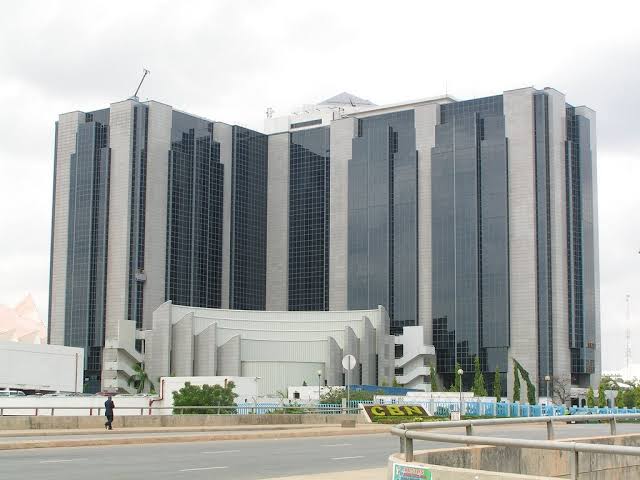Shell has officially approved a new offshore gas development project in Nigeria, known as the HI Project. This marks one of the biggest energy investments in the country in recent years and is expected to boost Nigeria’s oil and gas production, create jobs, and strengthen the nation’s economy. The project is being developed in partnership with Sunlink and aims to expand Nigeria’s liquefied natural gas (LNG) capacity for both local use and international export.
According to reports, the new gas field is located off the coast of the Niger Delta, one of Nigeria’s most important energy regions. The project will include drilling new wells, building offshore platforms, and constructing pipelines to transport gas to onshore facilities for processing. Once completed, the HI Project could significantly increase Nigeria’s gas output and help meet growing energy demands at home and abroad.
This decision comes at a time when Nigeria is looking to attract more foreign investment into its energy sector. The government has been working to reform policies and remove bottlenecks that have long discouraged investors. For Shell, this project signals renewed confidence in Nigeria’s oil and gas industry after years of uncertainty caused by insecurity, theft, and unstable regulations.
Experts say the HI Project could bring billions of dollars into Nigeria’s economy, generate thousands of jobs, and boost government revenue. It also aligns with global energy goals to reduce carbon emissions since natural gas burns cleaner than crude oil. If managed properly, this project could also help Nigeria supply gas to Europe and other regions facing energy shortages.
However, environmental groups have called on Shell to ensure that the project does not harm local communities or ecosystems. They are urging transparency and environmental responsibility throughout the construction and production phases.
Overall, Shell’s greenlight for the offshore HI gas project is a major step for Nigeria’s energy sector, signaling hope for economic growth, foreign investment, and a stronger role for Nigeria in the global gas market.





Add comment